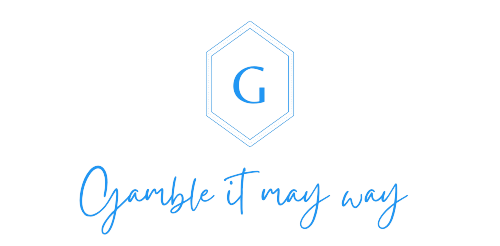
Table of Contents
ToggleAs a salesperson, you know how important follow-up calls can be. They can make or break a sale, and they’re also the perfect way to build relationships with your customers. That’s why it’s so important to master the art of the follow-up call and make sure you’re making the most of every opportunity you get. But how can you make sure your follow up calls are hitting all the right notes? In this blog post, we’ll share some tips on how to improve your follow-up calls and ensure that each one is a success. From preparation to execution, learn more about building stronger connections with your customers through better follow-ups!
The Basics of a Follow Up Call
When it comes to making call follow up calls, there are a few basics that you should always keep in mind. First and foremost, always make sure that you have the correct phone number for the person you are trying to reach. Secondly, it is important to be aware of the time difference if you are calling someone in a different time zone. Finally, always try to be as polite and professional as possible when speaking with the person on the other end of the line.
Setting the Appointment
When you are ready to set the appointment, be sure to have all of the pertinent information in front of you. This includes the contact’s name, phone number, email address, and any other relevant notes. Have a script handy as well, so you know what to say and how to say it.
Start by introducing yourself and letting the contact know why you are calling. If you have a mutual connection, mention that as well. Then, explain what it is you do and how you can help the contact. Be sure to be clear and concise in your explanation.
Once you have explained what you do, ask if the contact would be interested in learning more about your services. If they are, great! Set up a time for a consultation call or meeting. If they are not interested, politely thank them for their time and move on to the next call.
Keep the conversation balanced
Conversation balance is important in any situation, but it becomes even more important when you’re trying to improve your follow-up calls. You don’t want to come off as too sales-y, but you also don’t want to waste the customer’s time with small talk.
The key is to find a happy medium between the two extremes. Start by asking the customer how their day is going and genuinely listening to the answer. Then, move into a brief small talk about something relevant to their interests. For example, if they mentioned they’re taking a trip soon, you could ask them about their plans.
Once you’ve established a rapport, it’s time to start talking about your product or service. But keep the conversation balanced by still allowing the customer to do most of the talking. Ask questions and get clarification when needed, but avoid dominating the conversation.
Ask questions that get answers
If you want to get answers from your call follow up calls, you need to ask the right questions. Here are a few tips to help you get started:
- Think about what information you need from the call. What are your goals for the conversation?
- Ask open-ended questions that encourage the other person to talk. Avoid yes or no questions.
- Listen carefully to the answers and ask clarifying questions if needed.
- Don’t be afraid to silence. Sometimes people need a little time to think about their answers.
- End the call with a clear next step in mind.
Avoiding Common Mistakes
When following up with a lead, it’s important to avoid making common mistakes that could cost you the sale. Here are some tips to help you make the most of your follow-up calls:
Don’t wait too long to call
The timing of your follow-up call is crucial. If you wait too long, the lead may have already lost interest or forgotten about you altogether. On the other hand, if you call too soon, you may seem pushy or desperate. Aim to call within 24-48 hours of receiving the lead.
Keep it short and sweet
Your goal for the follow-up call should be to start a conversation, not give a sales pitch. Keep the call brief – no more than 5 minutes – and focus on asking questions and getting to know the lead better.
Be prepared before you call
Before calling a lead, take some time to research their company and needs. This will help you tailor your conversation and increase your chances of making a sale.
Avoid hard selling
Nobody likes to be sold to, so avoid coming across as to sale on your follow-up call. Instead, focus on building rapport and establishing trust with the lead. If they feel like they can trust you, they’ll be more likely to do business with you down the road.
Also Read: TOP PR TIPS FOR SMALL BUSINESSES
Conclusion
With these tips, you should have a much better understanding of how to improve your follow up calls with customers. Taking the time to think about each step and practice it will help ensure that your calls are effective and successful. Remember, building relationships is key when it comes to closing deals and providing excellent customer service. Give these tips a try today and start seeing improved results in no time!
